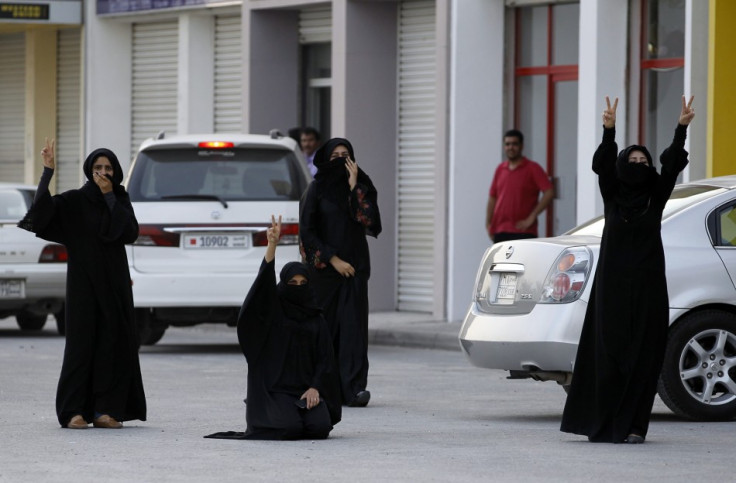Bahrain Bans All Protests and Public Gatherings

The Bahraini government has banned all demonstrations and public gatherings following clashes between police and pro-democracy protesters, the interior minister has declared.
Sheikh Rashid Al Khalifah said "blatant violations and a lack of commitment" by protesters has forced the government to ban public meetings.
He said the "privilege" to freedom of expression had been "abused repeatedly" by the organisers.
Sheik Rashid blamed the al-Wefaq National Islamic Society, the largest opposition group, for the unrest. "The interior ministry has strived to tackle those violations through co-ordination with the organisers in many occasions, but they failed to control those events despite their promises," he added.
He said that many members of Bahraini society were "fed up" with "such violations that risk civil peace", and that there was "a need to put an end to them".
"Rallies and gatherings will be considered illegal and legal action will be taken against anyone calling for or taking part in them," Sheik Rashid said.
"There have been calls to overthrow the regime and slogans against the icons of the regime and the sovereignty of the state."
However, activists and academics on Bahrain stress that over the past year there has been a de facto ban on protests.
A permit must be obtained by societies to protest which the government has made it very difficult to obtain. Strict rules were put on place on what can be done during protests and what can and cannot be said.
"Protests permits are rarely granted in places that would make civil disobedience effective," Marc Owen Jones, member of monitoring and advocacy group Bahrain Watch, told IBTimes UK. "For example, they are prohibited in the nation's capital Manama"
The ministry of the interior, as a matter of fact, have been regulating protest that even when it was legal "it was arguably ineffective".
The new ban, according to Owen Jones, illustrates the government's "weakness and lack of legitimacy".
"Confidence building measures have failed, and this 'rule by law' approach highlights this," he said. "The need to regulate protests by issuing a blanket ban is simply a way of issuing a veneer of legal legitimacy to draconian forms of a control. "
"Targeting the peaceful and mainstream opposition is absolutely the wrong step by the Government," Ali Alaswad, resigned Baharini MP from Al-Wefaq, told IBTimes UK. "This is a time when the country is in need of the Government to take the opposition seriously and respect international calls for an inclusive dialogue.
"This latest repressive act should be seen as a sign that the Government is not willing to reform and will continue to resort to repressive measures in responding to the legitimate demands of a majority of Bahrainis," he added.
"The government has promised to respect the international community, the Bahrain Independent Commission of Inquiry and the United Nations Universal Periodic Review, but this ban of protests goes against all of those promises. The story of Bahrain over the past year has been of broken promises and constant repression. "
In the past two weeks, a policeman has died of injuries during clashes with protesters in Al-Eker village outside Manama.
© Copyright IBTimes 2025. All rights reserved.






















